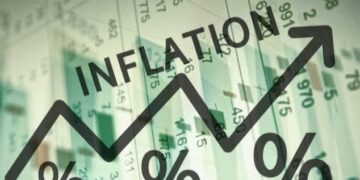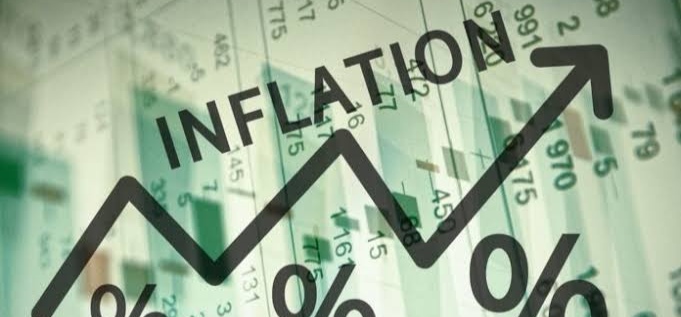Nigeria ended 2024 with an inflation rate of 34.80%, the highest among Africa’s ten largest economies, according to the International Monetary Fund (IMF).
The country was the only one on the list to record inflation exceeding 30%, and one of just two economies where inflationary pressures intensified over the year.
Angola also faced a steep rise, with its inflation climbing from 18.19% in December 2023 to 28.41% by December 2024.
Data from Nigeria’s statistics bureau revealed significant annual increases, with headline inflation up by 5.87% and food inflation rising by 5.91%.
In contrast, South Africa—the continent’s second-largest economy—reported a sharp decline in inflation, falling from 5.5% to 2.8% over the same period.
Egypt, which struggled with one of Africa’s highest inflation rates in 2023 at 34.6%, reduced its figure to 25.5%.
Several other nations, including Algeria, Ethiopia, Morocco, Kenya, and Tanzania, saw their inflation rates drop significantly.
Morocco, in particular, achieved a remarkable decline from 4.3% to just 0.7%. Ghana, a key West African peer, managed to lower its inflation from 26.4% to 23%.
Analysts have linked Nigeria’s persistent price hikes to factors such as its volatile currency, rising energy costs, and ongoing supply chain disruptions.
Throughout 2024, the naira experienced dramatic depreciation, losing approximately 62% of its value in the official market as it fell from ₦950 to ₦1,535 per dollar.
The weaker currency drove up import costs, further burdening businesses. Additionally, the removal of the petrol subsidy and surging energy prices worsened economic pressures on households and companies alike.
In response to spiralling inflation, the Central Bank of Nigeria raised interest rates six times last year. Officials have indicated that these measures may take six to nine months to produce visible results.
With rising prices eroding consumer purchasing power and inflating production costs, concerns are growing about the broader economic impact on households and businesses.




































